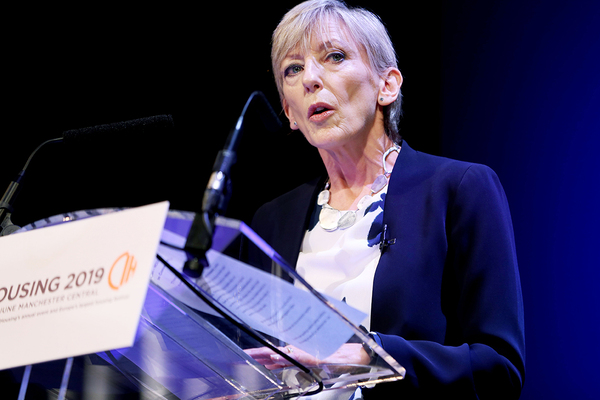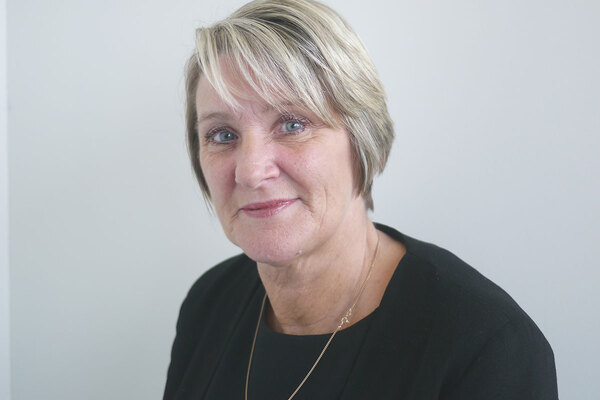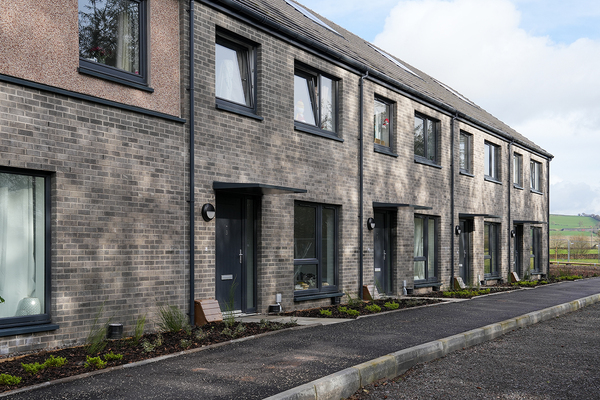You are viewing 1 of your 1 free articles
Sector’s ‘historically high’ reliance on debt highlighted as key risk by English regulator
The Regulator of Social Housing (RSH) has emphasised the English social housing sector’s “increased reliance on debt” as a key risk, as well as highlighted several new risks related to the impact of COVID-19.

In its latest Sector Risk Profile, the RSH said social housing providers are planning “a historically high level” of new debt facilities over the next five years, which it said is “underpinned by assumed continued low interest rates in forecasts”.
At the same time, a forecast reduction in development for sale, alongside planned increases in investment in existing stock, is expected to “suppress” the EBITDA MRI interest cover measure of the surplus generated by a registered provider compared to the interest payable.
“While investor demand for sector debt remains high despite the disruption caused by COVID-19, failure to maintain investor appetite would lead to reduced capacity to deliver new development and capital investment,” the regulator said.
A fall in sector credit ratings caused by “increasing market exposure or weakening operating performance risks” is highlighted as one potential factor that could impact investor appetites.
The RSH also highlighted various risks facing the sector as a result of the COVID-19 crisis, including the backlog in repairs, potential increases in arrears, and the financial impact on care and supported housing.
Good health and safety governance is especially important during the COVID-19 pandemic as landlords face “increased practical challenges” when monitoring and delivering statutory health and safety requirements, the regulator said.
Fraud is also a risk for providers, with the regulator noting that the “widespread move to remote working and increased online service delivery as a result of COVID-19 was associated with a surge in phishing, malware and ransomware attacks”.
On the topic of development, the RSH said the pandemic has created “more significant economic uncertainty” for the housing market, adding that “it is critical that providers continue to closely manage development risks – especially around sales programmes”.
Providers have made “substantial reductions of around a third in forecast units developed for outright sale and for market rent over the next five years”, however the “level of economic uncertainty” means providers must continue to closely manage sales risk, the regulator said.
The regulator also highlighted several upcoming legislative changes that will present social landlords with risks, including the Building Safety Bill, Social Housing White Paper, Planning White Paper and changes to the shared ownership model.
Fiona MacGregor, chief executive of RSH, said: “The social housing sector’s response to the immediate financial and operational impacts of the coronavirus pandemic has demonstrated providers’ preparedness for unexpected shocks.
“However, as our Sector Risk Profile sets out, the outlook remains unusually uncertain in the sector, the wider economy and society. Social housing providers must continue to identify, manage and mitigate the range of risks they face and be transparent and accountable for the strategic choices and decisions they must make.”











